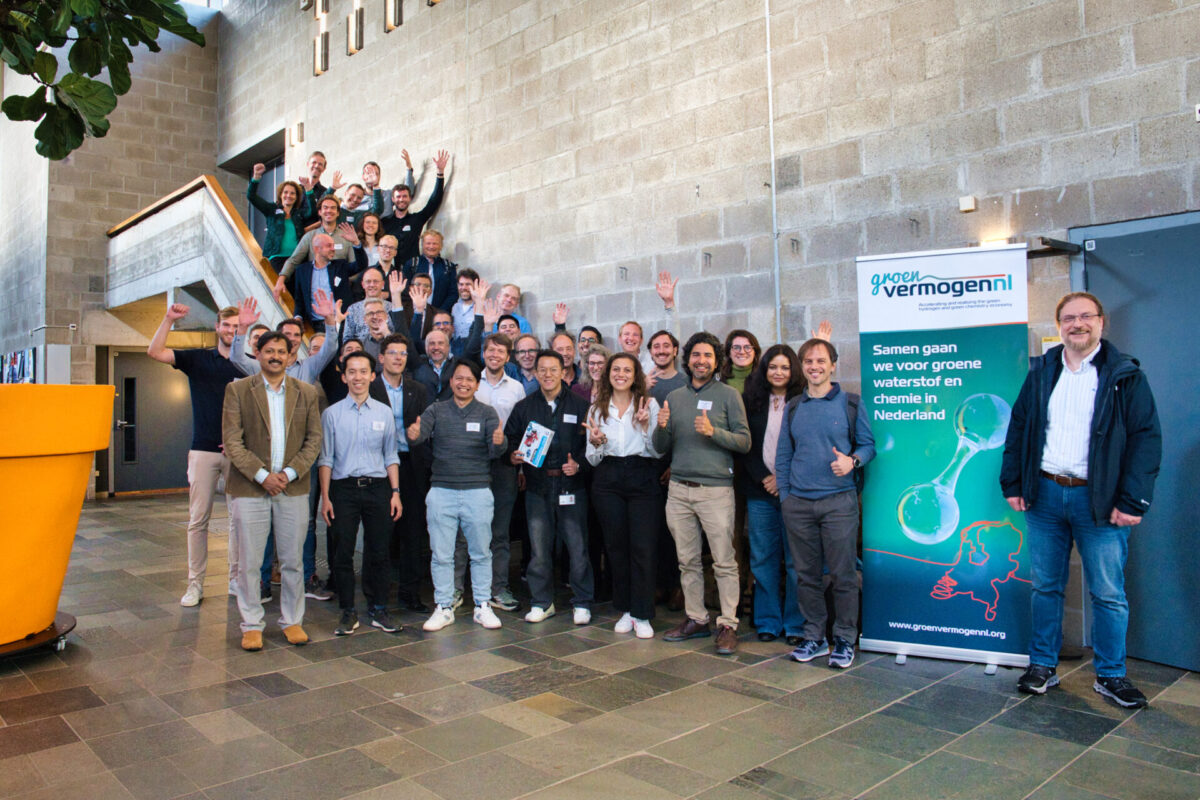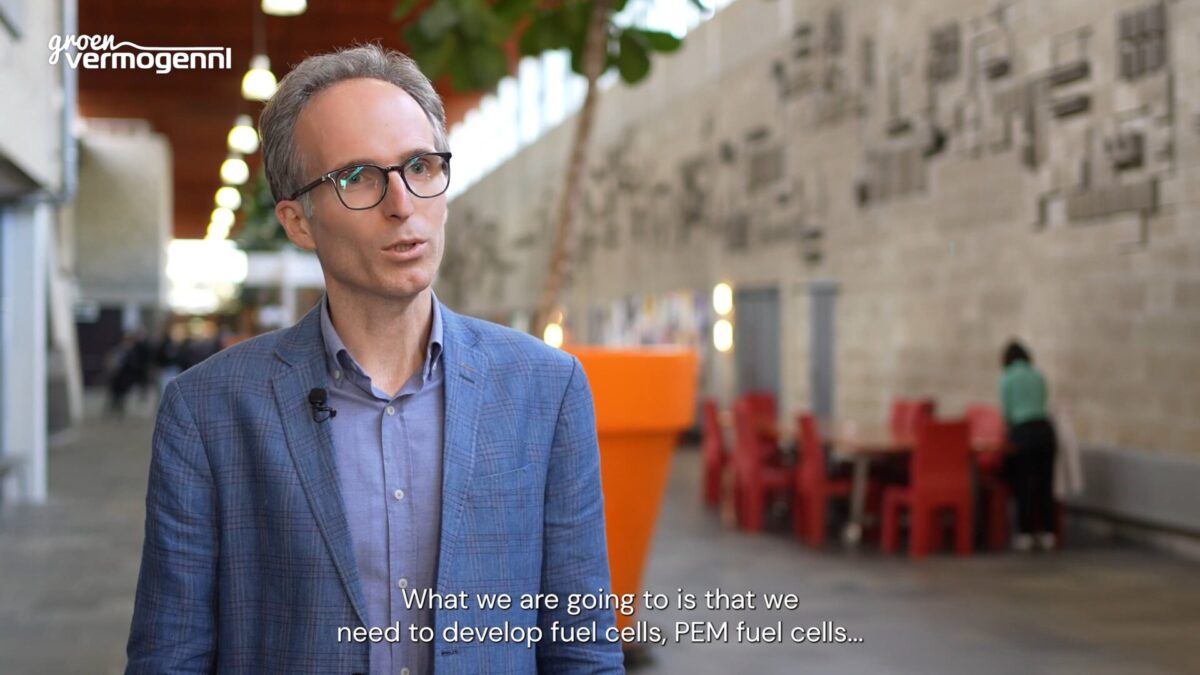R&D Consortium HyUSE has officially launched
On Friday, 11 October, a new R&D project from GroenvermogenNL was launched. In Utrecht, the HyUSE consortium kicked off a program in which 30 partners will conduct research over the next six years into the direct use of hydrogen as fuel for industry, heavy transport, and local energy systems.
In practice, hydrogen is mainly known as a raw material in industrial processes such as refining and ammonia production. But hydrogen can also be used as a fuel—for example, in high-temperature industrial processes, or to power trucks and ships. It can also be used to generate electricity via fuel cells. With the urgent need to decarbonize our economy, green hydrogen is a solution to replace fossil fuels in hard to electrify use cases.
Challenges for using hydrogen
There are still many challenges when it comes to using hydrogen as fuel. How do you adapt factories currently running on natural gas? How can ships and vehicles safely run on hydrogen? How do you prevent unexpected situations during the transition from fossil fuels to hydrogen?
Consortium of institutions and companies
The HyUSE program (Hydrogen technology development and assessment for accelerated use) is researching next-generation technologies for the use of hydrogen in industry, heavy transport, and local energy systems. The consortium, which shares the same name, consists of eight universities, five universities of applied sciences, three research institutes, and 13 industrial partners. They are also working on regulations, public support, business models, and system aspects of hydrogen applications in various value chains.
Research based on concrete use cases
HyUSE starts with concrete use cases in which consortium partners have a lot of experience. They are investigating not only innovative technologies but also the business case and necessary policy support at locations such as industrial sites (like those of HyCC, Shell), energy generation (RWE), agriculture and large farms (Wageningen Research), greenhouses (The Hague University of Applied Sciences & Koppert Cress), inland shipping (MARIN), freight transport (TNO), and airports (Groningen Airport Eelde).
Impact on acceleration, scaling, and new talent
Ultimately, the consortium aims to make a significant impact on the program goals of GroenvermogenNL, such as accelerating the use of existing and new hydrogen technologies, reducing costs for hydrogen in heat and power generation, and scaling up fuel cells, combustion engines, burners, and gas turbines. It also focuses on expanding the innovation ecosystem and attracting new talent.
Kick-off in Utrecht
On Friday, 11 October, dozens of invited guests gathered for the kick-off of the six-year research project. HyUSE project leader Frank Willems of TNO welcomed everyone to the iconic Marinus Ruppert Building at the Utrecht Science Park. It was a warm reunion, as the participants had already worked closely together during the project’s preparation. During two day-long workshops, they developed the project plan for HyUSE.

Focus on research and innovation
Ed Buddenbaum then took the floor. As a program director of GroenvermogenNL, he explained what HyUSE means within the R&D program. Through a coordinated focus on research and innovation, GroenvermogenNL aims to accelerate the use of climate-neutral hydrogen with this program. Hamed Aslannejad from Utrecht University, HyUSE’s technical manager, worked closely with Frank Willems to build the consortium and provided a general and technical overview of the project plan.
Essential in the energy transition:
Keynote speaker Jörg Gigler, director of TKI Nieuw Gas from the Topsector Energy, emphasized the importance of hydrogen as an essential component in the energy transition.
Festive conclusion
After the break, various consortium members gave pitches to introduce themselves. They then split into parallel sessions to dive deeper into different aspects of the HyUSE project. At the end, everyone came together for a group photo and an informal reception to celebrate the kick-off. HyUSE is now officially underway.
Read more about the HyUSE project




